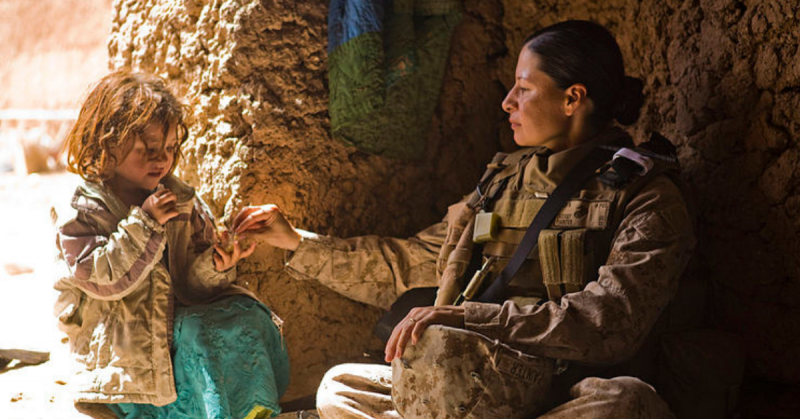For the past couple of years, the US military has endeavored to integrate women into combat positions, which until recently were barred for women. These efforts to integrate women into combat roles in the Marines has suffered a blow with the disciplinary action taken against a female infantry Marine.
Cpl. Remedios Cruz, formerly a sergeant attached to 1st Battalion, 8th Marines, has been charged with fraternization, adultery, and accessory to larceny. The first two charges are related to her marriage to a lance corporal who served in the same battalion. The Marines frequently investigate fraternization, and since Cruz and her spouse came from the same unit her actions would have attained a higher degree of interest.
At an Article 32 hearing, the military equivalent to a grand jury, the presiding officer recommended that Corporal Remedios Cruz not go to a full-blown court-martial, but her superior officer did not agree with the recommendation.
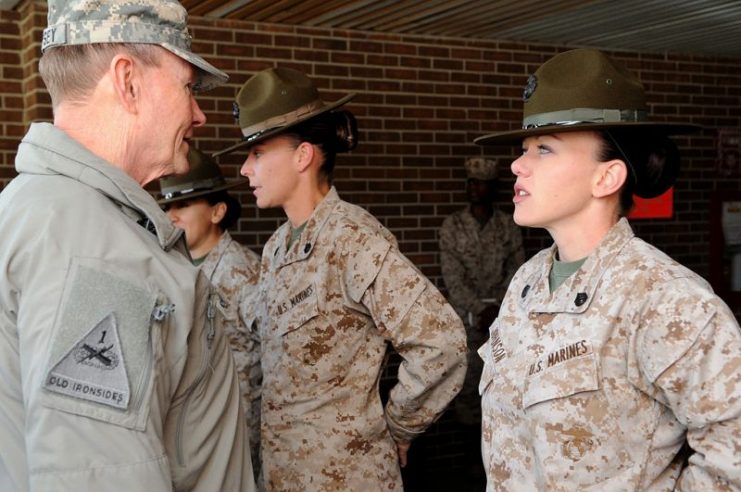
As part of a deal made during non-judicial punishment to avoid a court-martial, she was reduced in rank from sergeant and waived her rights to an administrative discharge board.
Having waived her rights, the decision on discharge and its conditions lie in the hands of the commanding general of the Second Marine Division, Maj. Gen. David Furness. The terms of her discharge are important, as they will impact what VA and other benefits she may claim after her release, as well as her prospects for later employment.
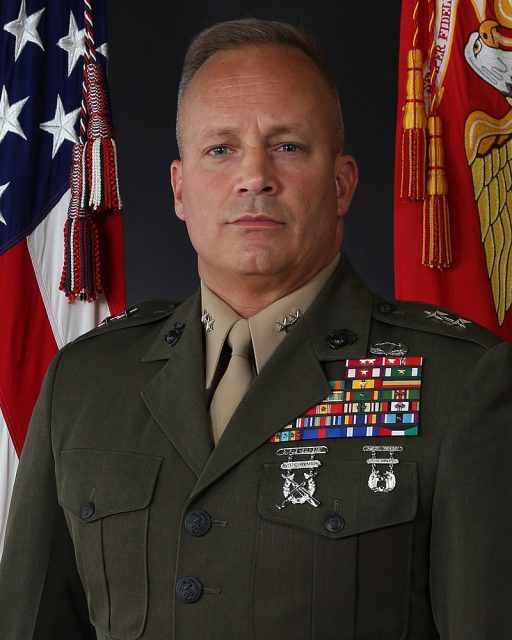
Cruz stated that she was ready to move on and acknowledges the mistakes that she made in her personal relationships. However, this case does nothing to help champions of integration. There are passionate opinions on both sides of the argument, with many strongly criticizing integration of women in combat roles while others feel that both sexes should be treated equally in all spheres of the military.
The US Army suffered yet another setback in its own integration efforts when a male first sergeant and his female subordinate were both disciplined for fraternization. The latter was one of the first females to graduate from the Army’s infantry training programs.
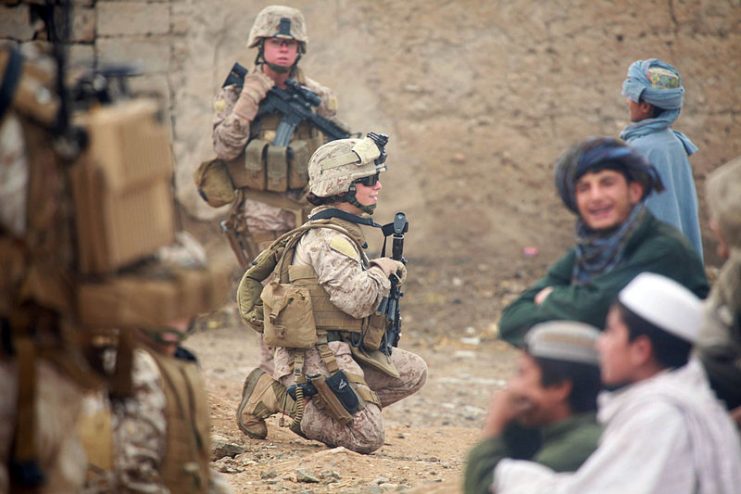
Despite the setbacks, supporters of integration are vociferous in their support of the programs. James Mattis, the US Secretary of Defense, was clear that the military needed more time for the integration process to settle down before critics can name it as a failure. It is not possible to make definitive decisions based on a few cases.
There are currently around 16,000 women in the Marine Corps, but only 24 have qualified as infantry Marines. While investigating cases of wrongdoing, the military has taken into account the criticism and opposition to women being integrated into combat battalions, but it still could be detrimental to the cause of recruiting more women for infantry programs.
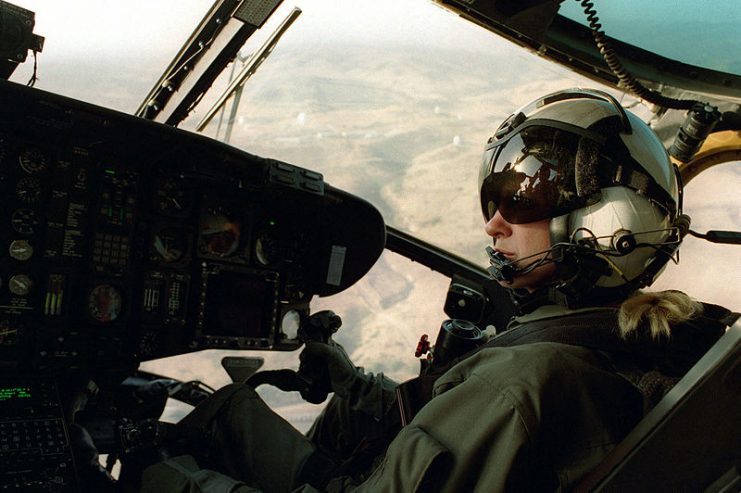
Read another story from us: Gain the Experience – Joining the Women’s Army Corps During the 1970s
Marine Captain Jacob Johnston, who defended Cruz, said that her transgressions should not define the service that she had given her country, and that they should not detract from the fact that Cruz was a “courageous pioneer for women in the military and that she had earned her place in Marine history.”
